All Answers to Your Skin Brightening-Related Questions
Fun fact: if you look up “skin brightening” in the Google search bar, the search engine is likely to include results for “skin lightening” and “skin whitening.” Is this accurate? Are all three of these words referring to the same thing? The answer, you may be surprised to know, is no.
Growing up in the 21st century, it is unlikely that you have never seen television advertisements for beauty products that claim to be skin brightening, skin lightening, or skin whitening. Often people use these words interchangeably. It is possible to therefore confuse skin brightening products with fairness or lightening products. However, the term “brightening” has less to do with modifying the color of skin and more to do with making it healthier and radiant. Let us discuss the meaning of skin brightening in detail for a better understanding.
What is Skin Brightening?
Dull, tired-looking skin can be a problem for us all. We live in stressful conditions that limit our sleep and under a harsh sun that can take away the appeal of ours. Skin brightening refers to adding radiance to the skin by getting rid of this dull skin. “Brightening natural skin” is essential for your skin, to avoid the accumulation of dull skin layers, prevent aging, and have an even skin tone. To put it in simpler words, skin brightening does not involve changing your complexion, instead, it involves restoring the good health of your skin.
Many skin brightening treatments include the usage of Alpha-Hydroxy Acids (AHAs), Beta-Hydroxy Acids (BHAs), and retinol. They tend to hydrate skin, exfoliate dead skin layers, and prevent cracking or wrinkles.
Benefits of Skin Brightening
Here are the benefits of safe and natural skin brightening:
Evens Skin Tone
Skin brightening works via speeding up cell turnover. It aims to treat skin damage or skin infections that might cause one’s skin to look dull and uneven. By restoring the natural radiance and shine of the skin, it gives you a smooth, clean look. This results in a gorgeous even skin tone.
Exfoliates
Many skin brightening agents like Vitamin C works by exfoliating dull, damaged, and dead skin cells. Exfoliating is essential to prevent clogging pores, treat infections, and remove impurities from the skin. Most importantly, they make way for healthier skin to show on the surface. This is precisely how skin brightening leaves you naturally radiant skin.

Treats Sun Damage
Sun rays can be the worst enemy of skin. One of the leading causes of skin peeling and pigmentation is excessive sun exposure. The heat and UV rays can cause sunburns that not just damage your skin but can also be painful. Skin brightening undoes and repairs these damages by using anti-oxidants, anti-inflammation, and speeding-up natural skin-repair processes.
Keeps Skin Youthful
In the long run, untreated skin damage, skin infections, and dry skin are what cause our skin to age and form wrinkles and cracks. Skin brightening increases your cell turnover and ensures healing skin damages. It further tends to include hydration and moisturization. Therefore, a major benefit of restoring radiant skin is extending the elasticity and youthfulness of your skin.
What is Skin Lightening or Skin Whitening?
The words lightning and whitening tend to mean the same across beauty. Skin lightening refers to skin procedures that aim to reduce the melanin content in skin, to make it lighter. Bleaching, for example, is done for this purpose. Melanin is the enzyme responsible for how much darker of a color one’s skin has. It is produced by melanocytes that exist on one’s skin. Bleach works by reducing the number of melanocytes on your skin. Vitamin C and hydroquinone are two other ingredients that are used in skin lightening products because they help reduce the production of melanin.

Lightening procedures or products may be effective in depigmentation, tan removal, getting rid of dark spots, or getting an even skin tone. In some cases, they have medical benefits like treating conditions like Melasma or post-inflammatory hyperpigmentation. Scarred areas can also be treated by using whitening products since they can make them appear less prominent.
Drawbacks of Skin Lightening
It is unavoidable to talk of all the drawbacks that come along with skin lightening. To take away the natural color from your skin or even hair for that matter, a lot of strong chemicals are used. This comes with a lot of risks.
May Perpetuate Harmful Stereotypes
Sadly, skin whitening procedures tend to be less about depigmentation or tan removal but more about cultural bias. Fair skin ideals perpetuate in multiple cultures across the world and advertising skin lightening usually involves putting down darker skin tones. It may perpetuate harmful stereotypes about the desirability of darker skin tones. Women across the world feel pressured to conform to colourist ideas that lead them to go overboard with harmful procedures.
High Chemical Content
While several beauty products use chemicals the number of harmful constituents is significantly higher in lightening products. Chemicals like Hydroquinone, Corticosteroids, and Mercury which are common in these products have been linked to a variety of health concerns.
Skin irritation, dermatitis, and damage have been noted over the years for users who have gone through these procedures or overuse these products. Hydroquinone in particular has been found to cause a (usually) irreversible condition called Exogenous Ochronosis, which causes the skin to appear black and blue.
Does Not Last
The culture and stereotypes may have pushed excessive efforts, but the truth is, they have failed to find safe medical procedures that can permanently lighten one’s skin. Easily available skin lightening products too have not been proven to be safe or effective. Bleaching effects wear off pretty soon and the skin restores its natural color.
Mercury Usage and Its Health Hazards
Recent years have seen increased concerns over the content of mercury in skin lightening products. Mercury is a heavy, poisonous metal that has serious health hazards even in controlled usage. After months of using skin lightening treatments, many users have been diagnosed with nephrotic syndrome, which is a kidney disease in which the body excretes an excessive amount of protein in the urine. Mercury poisoning can cause this syndrome.
What Does It Mean When a Product Says That It Brightens Skin?
The word “brightening” itself is controversial, given the cultural history surrounding colourism. While the term skin brightening largely meant getting a lighter skin tone a few decades ago, over time, the word has come to mean something else.
Skin Brightening does not involve discoloration or bleaching but merely restoring the radiance of natural skin. It is essential for skincare and preventing long-term skin problems. It involves adding good things to the skin while also removing the damages caused by the Sun and pollution. An even skin tone may not just rebuild your confidence but also be medically good for you. However, the terms brightening and lightening can be used interchangeably. Many companies avoid using the terms lightening or whitening to avoid controversy. Brightening has come across as a better word to use. What “skin brightening” is referring to depends on the brand you look at.
The best way to figure out what products should be used for skin brightening is to look at its ingredients. “Brightening” and “Lightening” both often overlap ingredients in the beauty industry. The difference lies in the fact that natural brightening ingredients do not pose the harm that harsh chemicals like hydroquinone might.
To make things more convenient and make informed choices, here is a list of ingredients you should look for to brighten your skin, and another list of ingredients that you should avoid.
Ingredients to Look For:
- Vitamin C
- Glycolic Acid
- Lactic Acid
- Retinol
- Vitamin B3
- Vitamin E
Ingredients to Avoid:
- Hydroquinone
- Arbutin
- Kojic Acid
- Mercury
Natural Remedies to Brighten Skin
There is nothing wrong with trying to be your best self by beating dull skin. Several natural ingredients can help restore radiant skin. Here are some DIY hacks you can try at home!
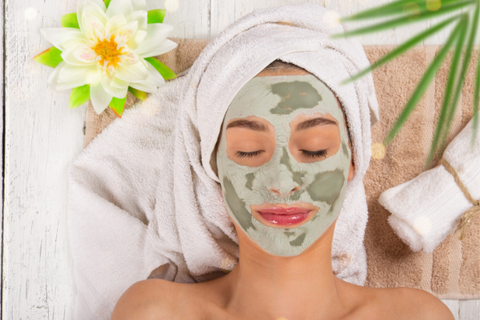
- Turmeric Face Mask: Turmeric is well known to be an antiseptic. It has been used for decades to brighten skin and add a glow to it. Add to it honey (a natural humectant) and lemon juice (rich in Vitamin C and citric acid) - what do you get? A hydrating and brightening face mask! All you need to do is take a teaspoon of turmeric, lemon juice from half a lemon, and two spoonsful of honey. Make a paste and apply it to the face and neck. Rinse after 20 minutes. This mixture is suitable for acne-prone skin too.
- Green Tea Mask: This is a unique one. Consider taking green tea leaves, soaking them for a while before making a paste out of them. Green tea is an excellent antioxidant that is effective in skin exfoliation. Using a green tea mask can get rid of the dirt and impurities on the skin, leaving smooth and brighter skin behind.
- Oatmeal-Honey Mask: Oats are soothing and cleansing ingredients that work great in treating skin inflammation. An Oatmeal-honey mask is commonly recommended for oily skin since oatmeal has the quality of absorbing excess oil. When the grease and oil are gone, skin appears smooth and beautifully bright. All you need is a blended mix of a handful of oats, and a tablespoon of honey. Mix them and apply them to your face for about 15 minutes. Rinse with warm water to reveal beautiful skin


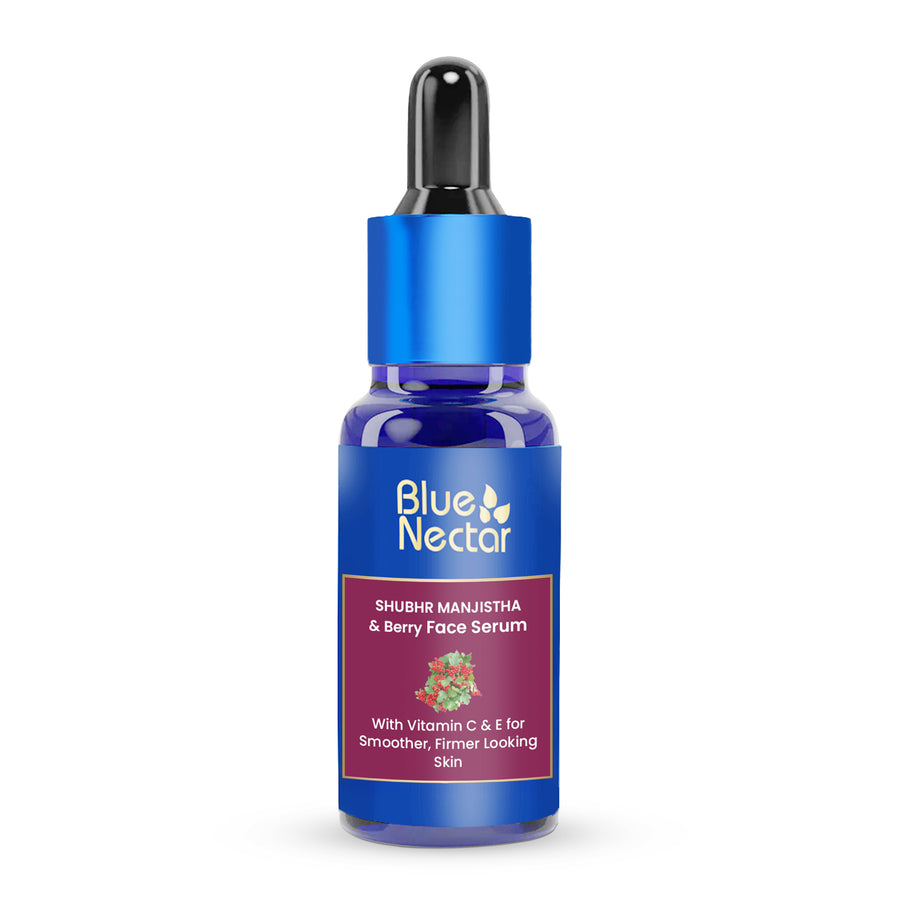
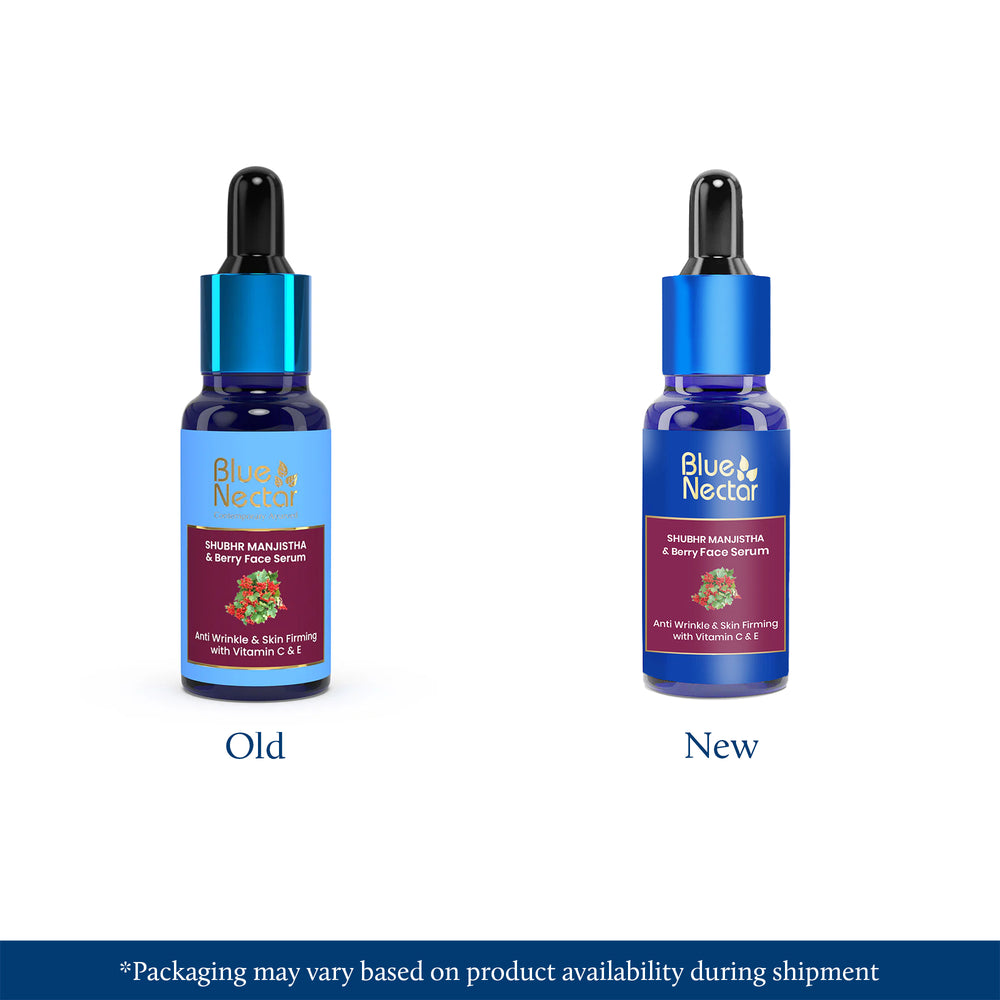








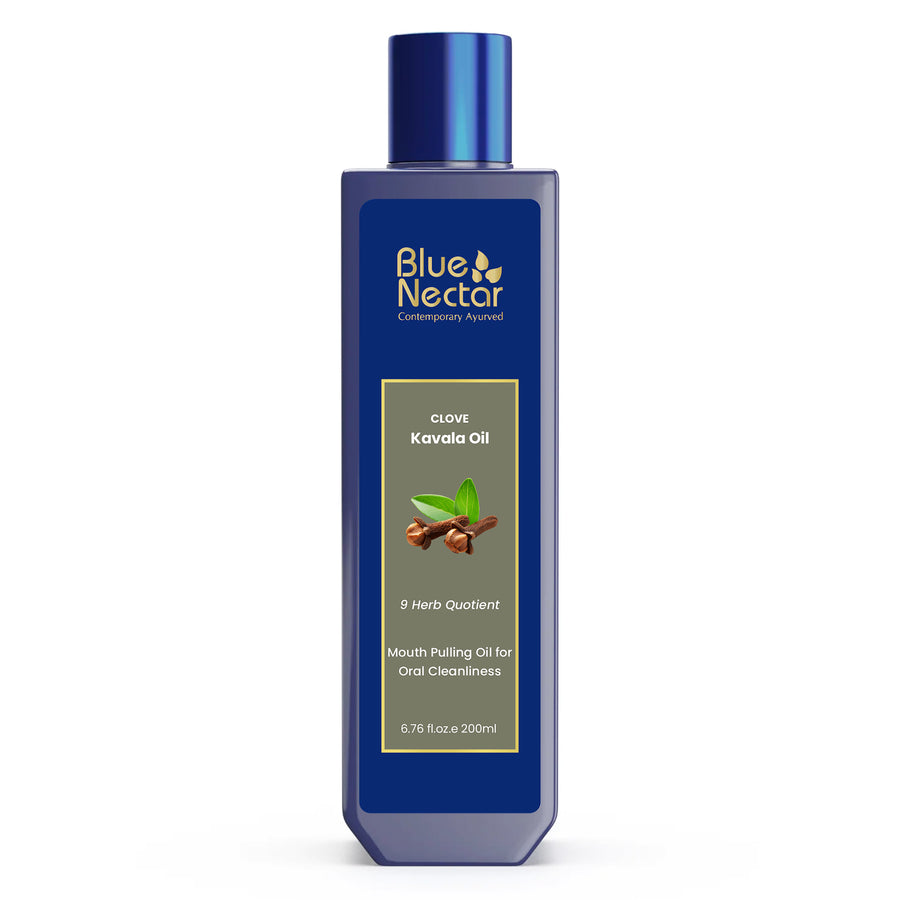
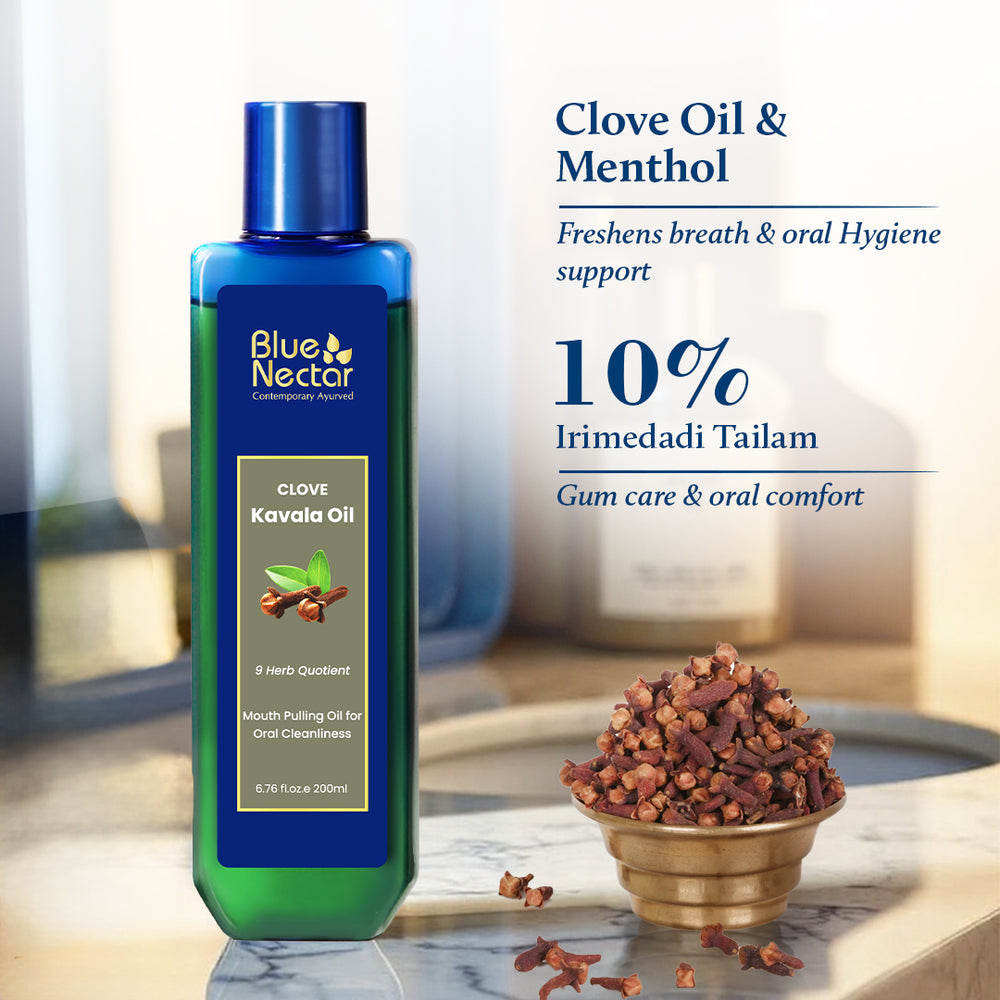






Leave a comment